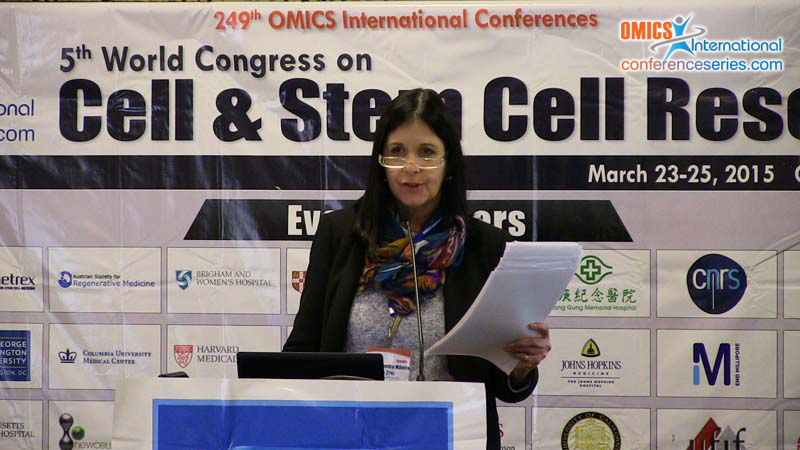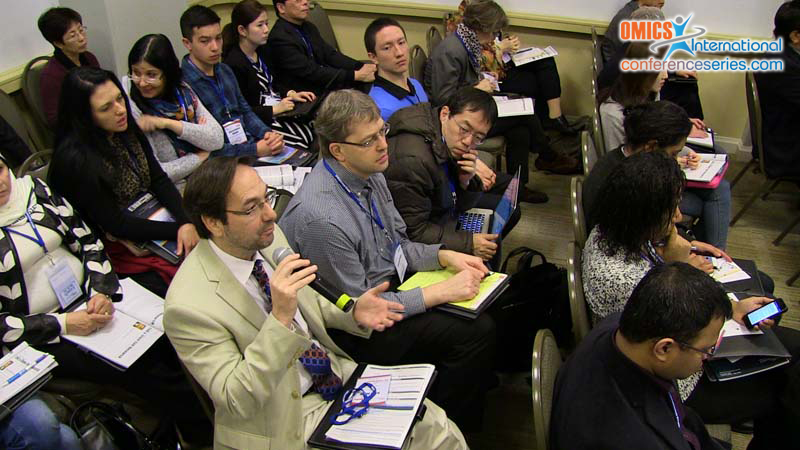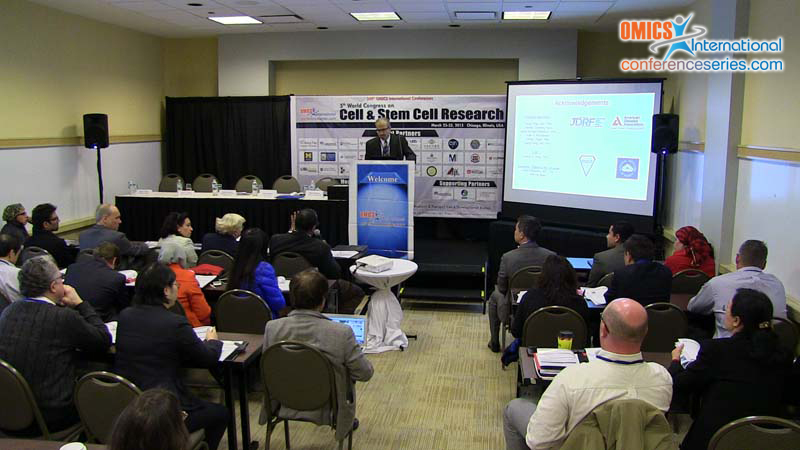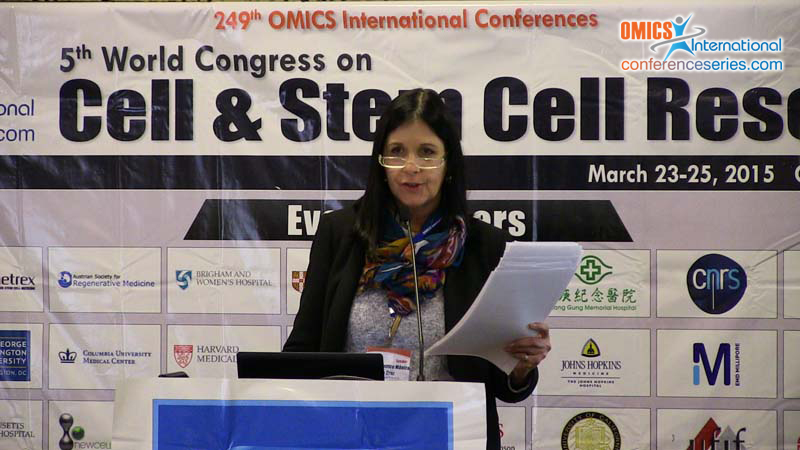
Ivana Beatrice Mânica da Cruz
Universidade Federal de Santa Maria Brazil
Title: The impact of superoxide-peroxide hydrogen imbalance on cellular dysfunction, senescence and on regenerative therapies
Biography
Biography: Ivana Beatrice Mânica da Cruz
Abstract
The cellular control of superoxide anion (O2-•) and hydrogen peroxide (H2O2) concentrations is considered crucial to the cell because at low concentrations ROS can function as intracellular signaling molecules related to homeostatic regulation, whilst at high levels they can cause cellular dysfunction and senescence. To control ROS levels at physiological acceptable concentrations cells have an antioxidant enzymatic system that includes superoxide dismutases (SOD) enzymes that dismutate O2-• on H2O2 and glutathione peroxidase (GPX) and catalase (CAT) enzymes that catalyse H2O2 in H2O. There are three SOD isoforms including a SOD manganese dependent (MnSOD/SOD2) that acts into mitochondria, a cellular compartment where there is a continuous production of O2-• by the electron transport chain. Alterations in this antioxidant reaction equation can trigger oxidative stress that is related to risk of several chronical diseases. However, is difficult to study the impact of O2-• -H2O2 cellular imbalance I human cells due the influence of a large number of intervenient variables. For this reason, or research group established an in vitro experimental model with adult differentiated and stem cells that present different genotypes of a SOD2 single nucleotide polymorphism (SNP) located at codon 16 (rs4880). The homozygous genotypes present different SOD2 efficiency causing increase in O2-• levels (VV) or increase of H2O2 (AA). This genetic imbalance has being epidemiologically associated with risk of cancers (AA) or cardiometabolic diseases (VV). The results obtained suggest O2-• - H2O2 imbalance is involved to several pharmacogenetic, toxicogenetic and nutrigenetic responses of cell. The discussion of these results as well as the potential impact on clinical and regenerative therapies will be discussed.
Speaker Presentations
Speaker PPTs Click Here




